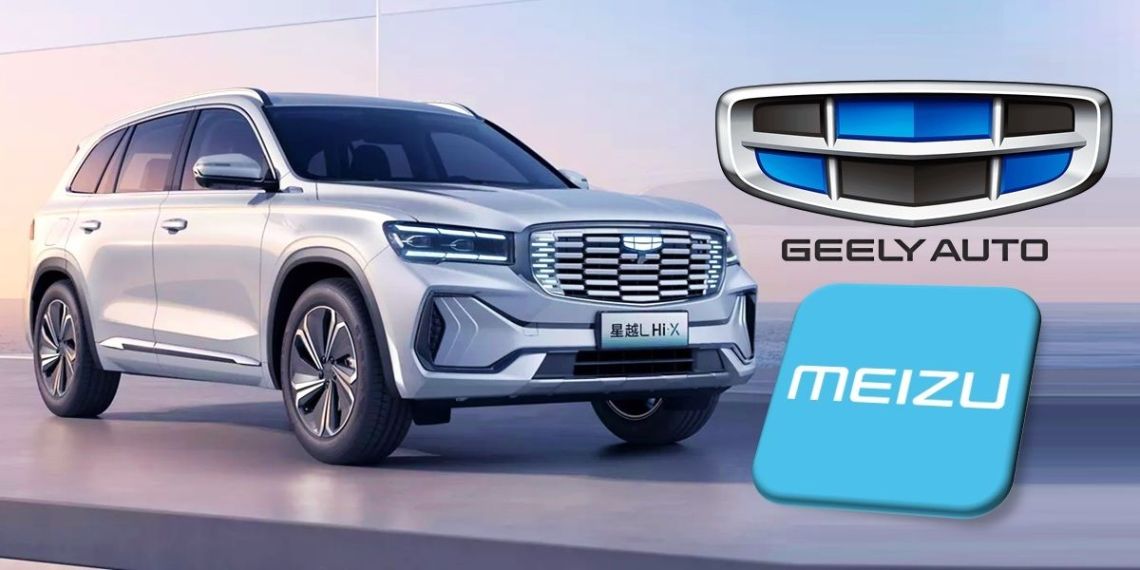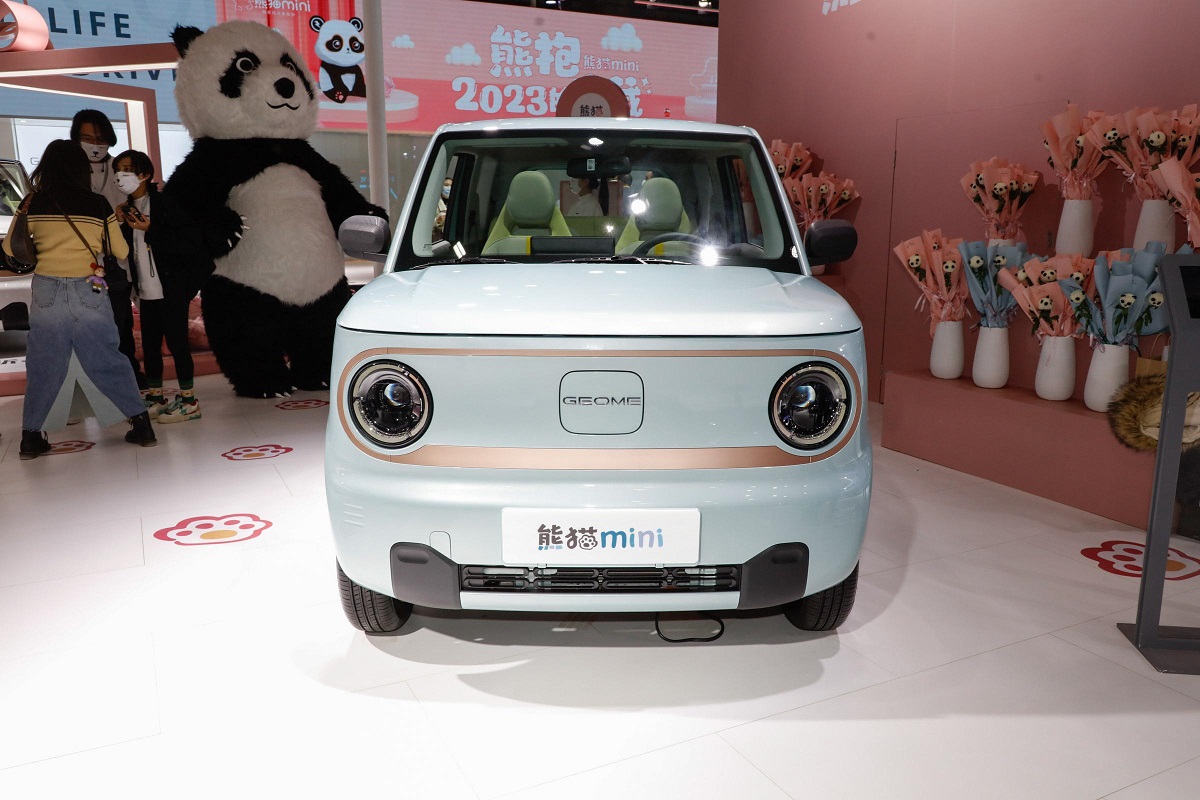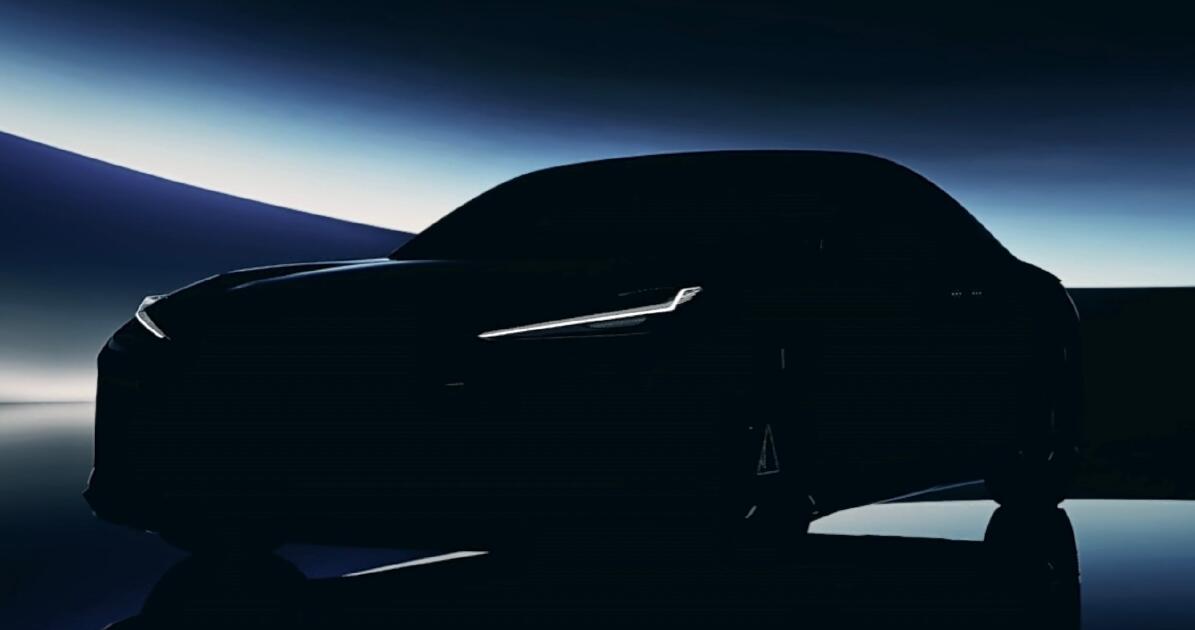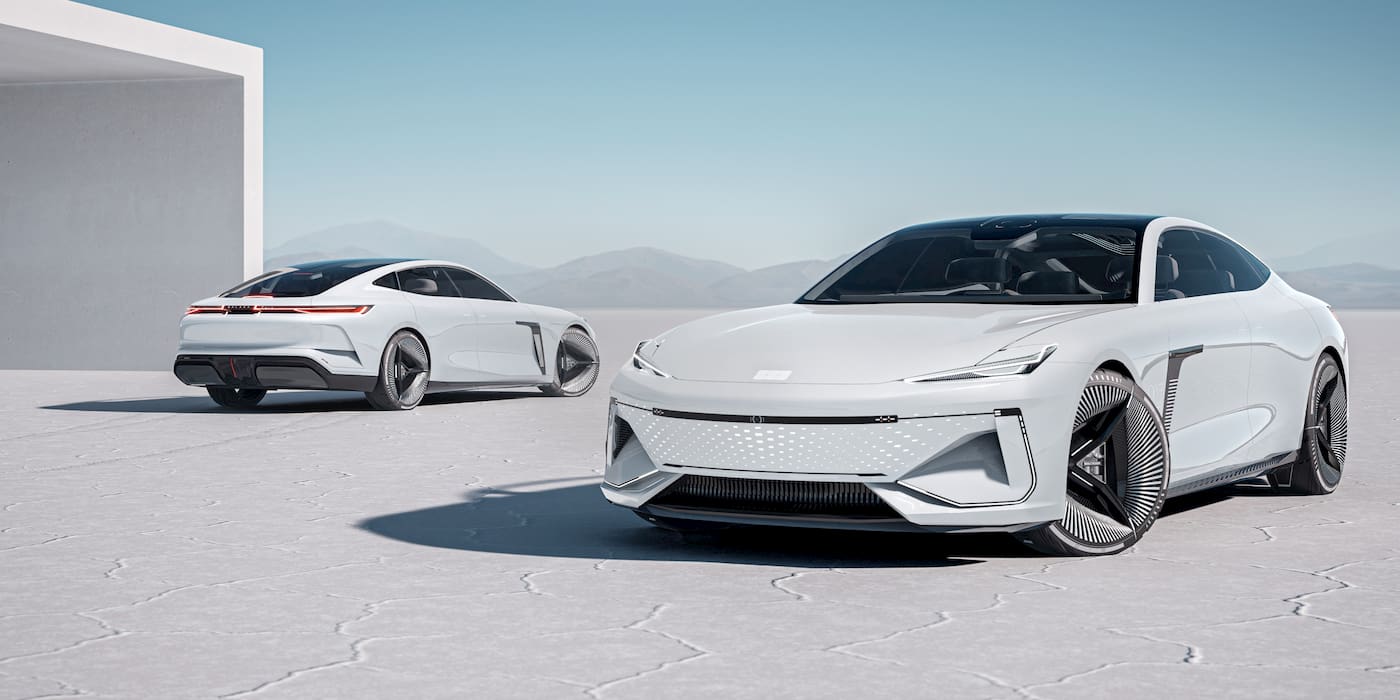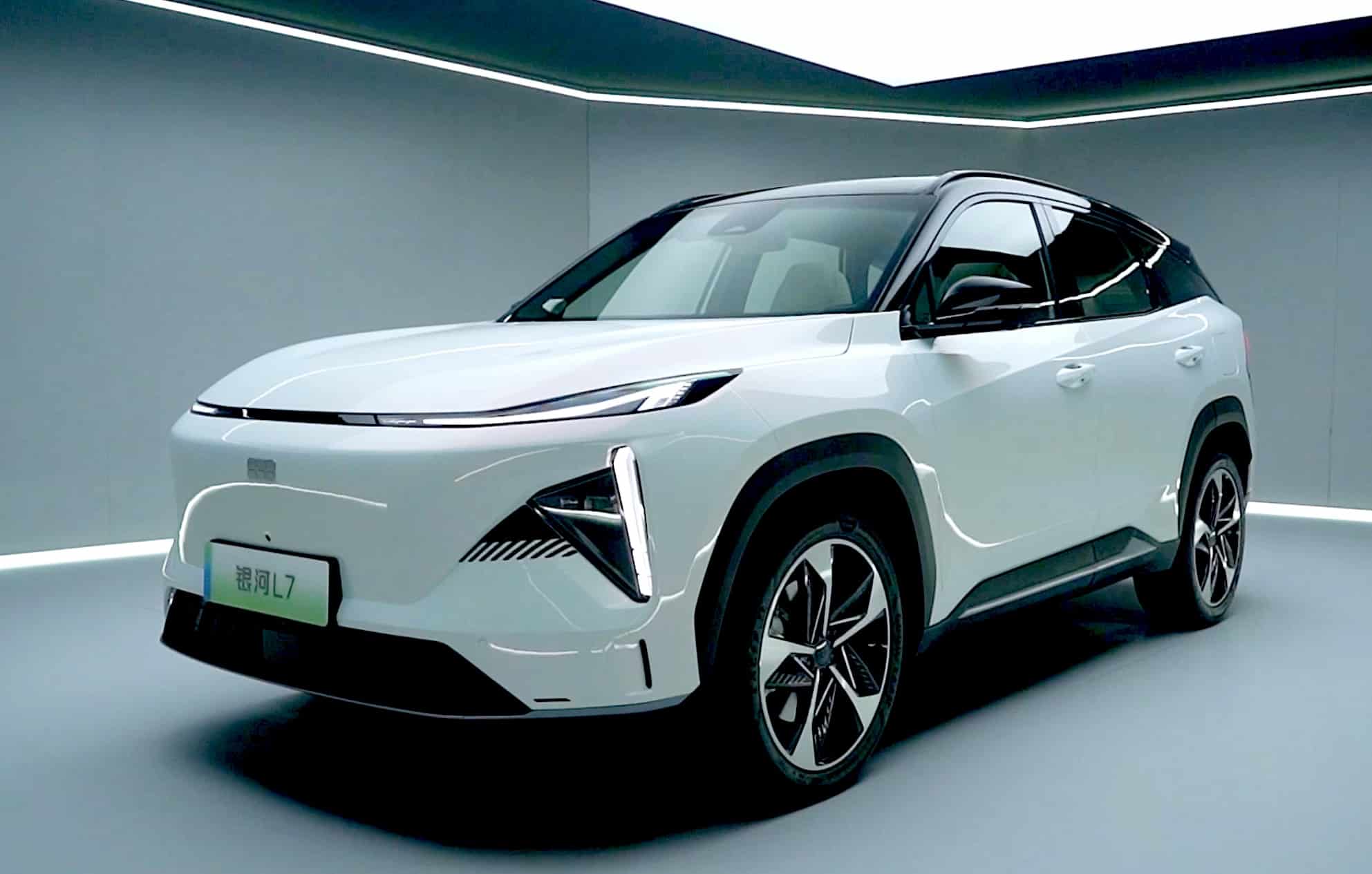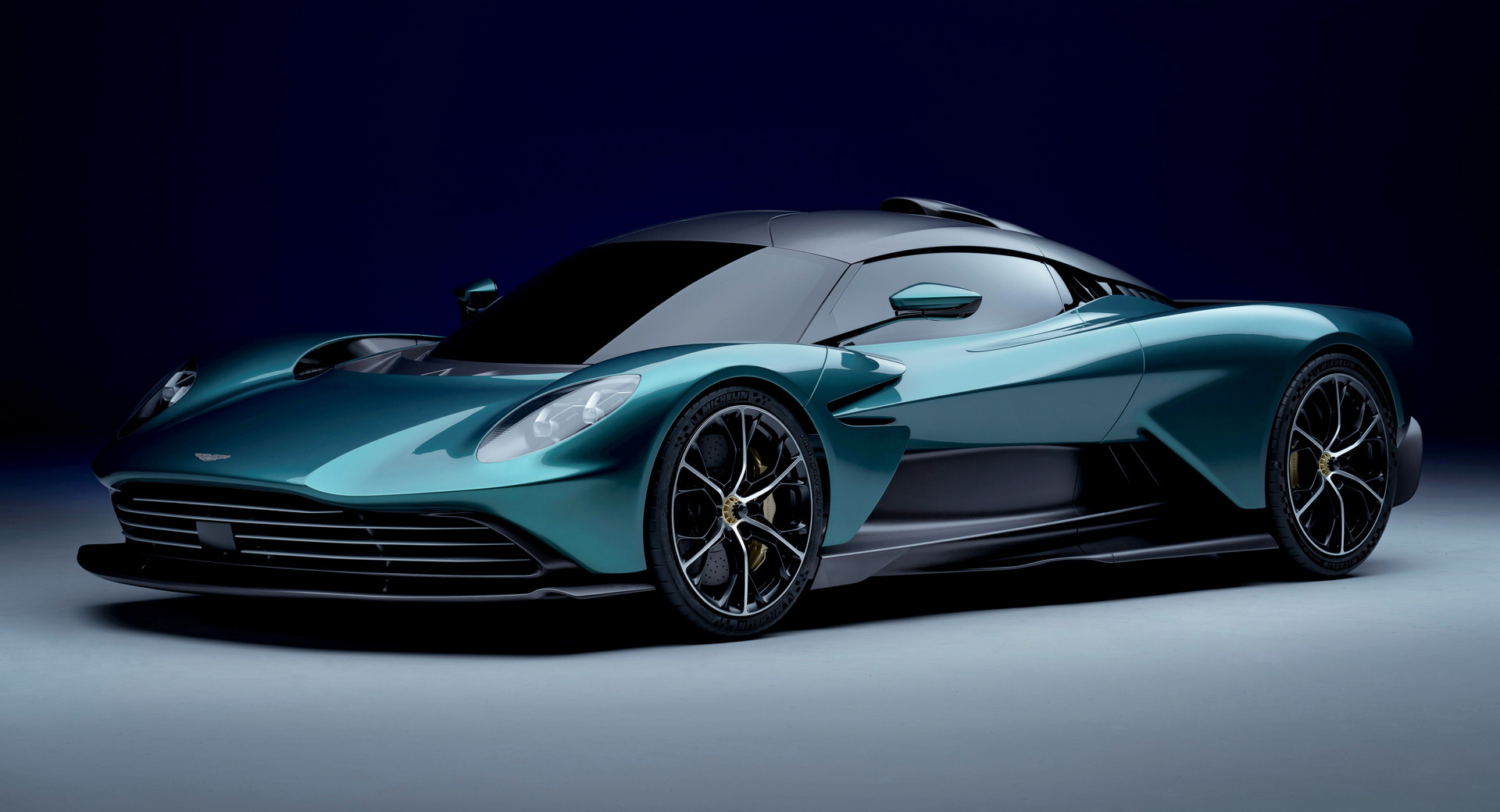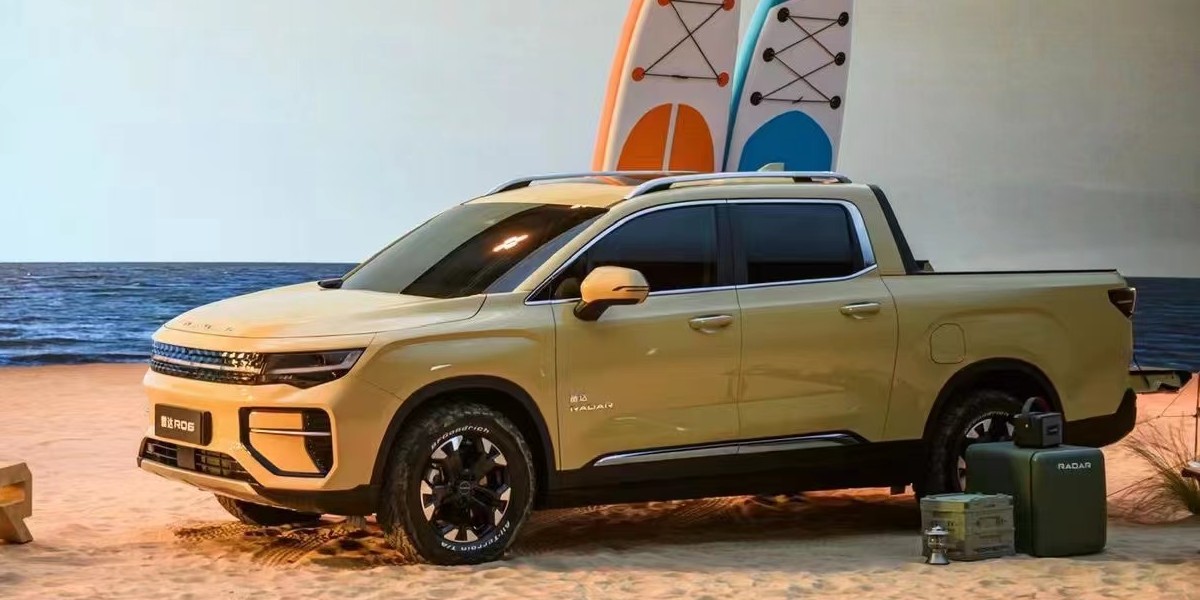Geely, the Chinese automotive giant, is expanding its presence in the industry by leveraging its various brand portfolios, including Volvo, Polestar, and Zeekr, to sell more cars.
This year, the company fully acquired Meizu, a smartphone maker, which sparked speculation about its involvement in the auto manufacturing industry. Initially, Geely executives denied the notion, stating that Meizu would simply sell Geely or Zeekr vehicles in its showrooms.
However, the hiring of automotive experts with experience in design and production, as well as Meizu’s patent application related to vehicle tracing, and the launch of its in-car operating system, FlymeAuto, suggest otherwise. Additionally, Meizu recently partnered with Aisidi to establish 1,000 experience showrooms across China, further fueling the theory.
See also: Chery Announced QQ Wujia Pro with a Range of 408 km and starts from $11,804

Meizu has applied for an international trademark for “Wujie Auto,” meaning “unbound” or “limitless,” in the category of “means of transport.” The logo features the Mobius Strip, a symbol of infinity. Meizu is following in the footsteps of Huawei by selling FlymeAuto, a product similar to Huawei’s HarmonyOS, in its flagship stores.
See also: Ather Energy to unveil two new electric motors
Meizu’s parent company, Geely, also owns Pandaer, an EV charging station brand. Geely’s acquisition of Meizu seeks to maximize the potential of the deal. Although Meizu has struggled in recent years, it was once a leading phone company and still holds a favorable reputation among consumers. Geely hopes to revive the brand’s success.
The lines dividing the auto and tech sectors are becoming increasingly indistinct. The traditional concept of a car has evolved into a high-tech device, thanks to the influence of tech companies. These companies view the car as just another device, albeit a larger and pricier one, but still a device nonetheless. With over-the-air updates, subscription-based services, paid upgrades, and intelligent integrations, cars have transformed into smart devices without us even realizing it. There is no turning back from this shift.

